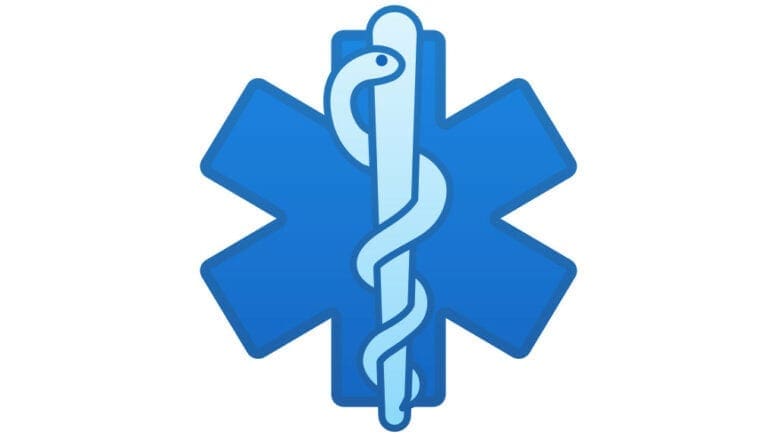The Georgia Department of Public Health confirmed three additional cases of measles in Cobb County today. Last week a case was diagnosed in a student at Mabry Middle School.
This brings the total number of measles cases in Georgia this year to 11, with four of them in Cobb County.
Following is the complete text of this afternoon’s press release:
The Georgia Department of Public Health (DPH) has confirmed three additional cases of measles in Cobb County residents, and testing is underway on another possible case. At least two of the individuals with measles are unvaccinated, and the vaccination history of the third is unclear. These individuals may have exposed other people to measles between Oct. 30 – Nov. 13. DPH is notifying individuals who may have been exposed to the virus and may be at increased risk for developing measles.
This past weekend, another case of measles was confirmed in Cobb County. It is highly likely these cases are all related, but the investigation into any linkage is ongoing at this time. So far this year, there are 11 confirmed cases of measles in Georgia – more cases than in the previous decade combined.
“These additional cases of measles should be highly concerning for anyone who is not vaccinated with MMR. Measles is a serious disease, one which can lead to dangerous complications, even death,” said Kathleen E. Toomey, M.D., M.P.H. “The MMR vaccine is safe and about 97% effective in preventing measles. Vaccination is strongly advised for individuals not only to protect themselves, but to protect vulnerable populations – such as infants who are too young to be vaccinated and those who cannot be vaccinated for medical reasons.”
Measles spreads when an infected person coughs or sneezes. Droplets from the nose or mouth become airborne, or land on surfaces where they can live for two hours. Measles is so contagious that if one person has it, up to 90% of the people around him or her will also become infected if they are not vaccinated.
Measles starts with a high fever, cough, runny nose and red, watery eyes. Then a rash of tiny, red spots breaks out. It starts at the head and spreads to the rest of the body.
The Centers for Disease Control and Prevention (CDC) recommends children receive their first dose of MMR vaccine between 12-15 months of age and a second dose between 4-6 years old. More than 95% of the people who receive a single dose of MMR will develop immunity to all three viruses. A second dose boosts immunity, typically enhancing protection to 98%.
Adults who are not sure about their measles immunity should speak to their health care provider. There is no harm in getting another dose of MMR vaccine if you may already be immune to measles (or mumps or rubella).
People with symptoms of measles should contact their health care provider immediately. DO NOT go to the doctor’s office, the hospital, or a public health clinic without FIRST calling to let them know about your symptoms. Health care providers who suspect measles in a patient should notify public health immediately.
For more information about measles and measles vaccine, log on to https://www.vaccines.gov/diseases/measles or https://www.cdc.gov/measles/index.html.
